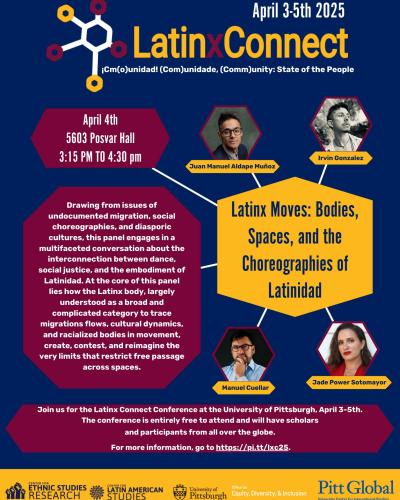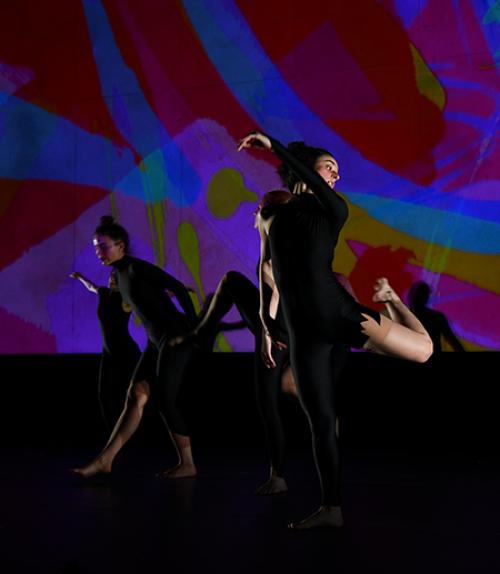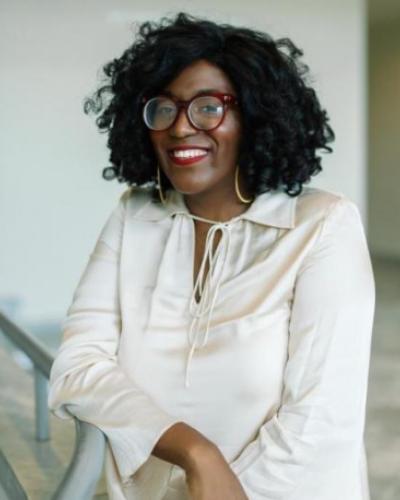
 Department Homepage
The College of Arts & Sciences
Department Homepage
The College of Arts & Sciences
‘Mini’ dance showcase meets challenges with virtual performance
The Mini Locally Grown Dance (MLGD) will showcase student and faculty dance performances from the Department of Performing and Media Arts (PMA), December 3–5 at 7:30 p.m. online. The events are free and open to the public but ticket reservations are required.



